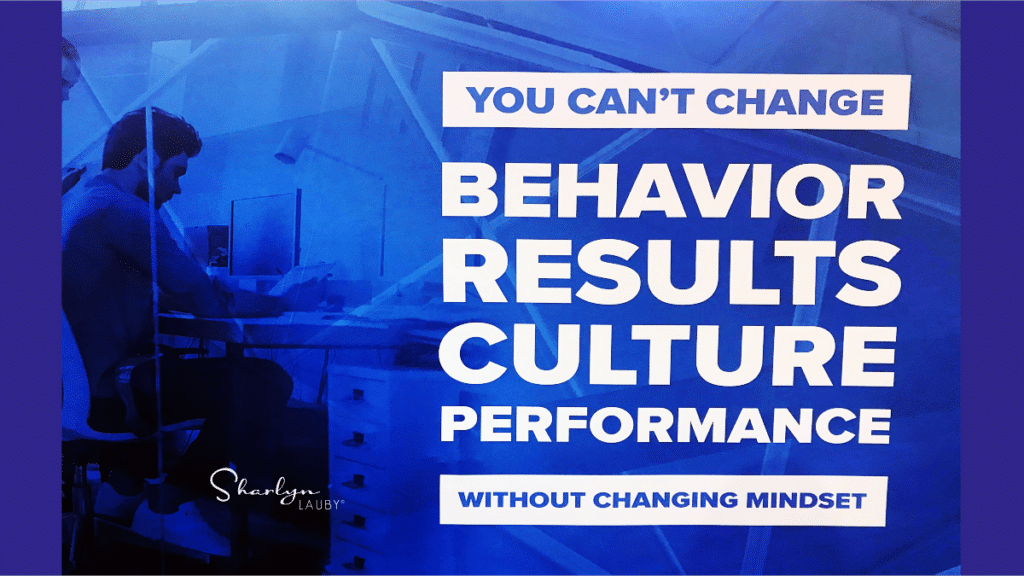Estimated reading time: 4 minutes
The U.S. Federal Trade Commission (FTC) has recently introduced a proposal to ban non-compete agreements. It’s still in the proposal stage, so there haven’t been any final rulings, but this has huge potential for the workplace. If you’d like to read what’s in the proposal, check out the Fact Sheet on the FTC website.
I totally understand the FTC’s logic. Non-compete clauses can keep employees from pursing better job opportunities that offer better pay and/or working conditions. If you were bound by a non-compete and couldn’t take a job that paid better because of that non-compete clause…you’d say to yourself, “Yeah, down with non-competes!”.
On the other hand, the reason that organizations use non-compete agreements is because they have trade secrets and confidential information they want to protect. Often cited examples are the recipe for Coca-Cola and KFC’s 11 herbs and spices. This secret information provides an organization with a competitive advantage. So, they don’t want an employee to be able to walk out the door with it. I can totally see this side of this issue as well.
Business organizations like the U.S. Chamber of Commerce are actively vocalizing their members opposition to the FTC proposal. As a human resources professional, we will want to keep this proposal and discussion on our list of things to watch.
I recently attended a webinar hosted by the law firm of Buchanan Ingersoll & Rooney on this topic of non-compete agreements and the FTC proposal. My takeaway from the session was while we don’t know what’s ultimately going to happen with the FTC proposal, this is an opportunity for organizations to look at the agreements they have and confirm they’re being used for their intended purpose.
For example, during this one-hour webinar, the lawyer panelists talked about:
Non-compete agreements are centered around the employee not entering into competition with an employer. It usually specifies a length of time that the employee is barred from working for a competitor.
Non-disclosure agreements (NDAs), sometimes referred to as a confidentiality agreement,establish a confidential relationship. The parties to the agreement agree that the sensitive information they have access to will not be made available to others.
Non-solicitation agreements restrict an employee from recruiting either workers or customers over to a new organization. Like a non-compete agreement, a non-solicitation clause covers a specified time.
Intellectual property clauses indicate who will own any inventions, work products, etc. Typically, an employee’s work is owned by the company.
The reason I’m mentioning these different clauses / agreements is because non-compete agreements are just one type of employment related provision. And organizations will want to consult with their legal team to ensure that they don’t create a situation where (for example) they don’t have a non-compete BUT the non-disclosure and non-solicitation agreements are so restrictive that in essence they’ve created a non-compete.
Organizations also need to think about who will be subject to these agreements and why. I know some people might say, “Hey – we will just make it easy and have everyone sign everything.” But if someone doesn’t come into contact with trade secrets, do they really need to sign a confidentiality agreement? And could this put the organization’s other agreements at risk? That’s a question for your legal team.
Another thing that organizations will want to consider is how to communicate with employees about these agreements. For instance, when do employees learn that they will be asked to sign a non-compete / non-disclosure / non-solicitation agreement? How much time do they have to review it before they sign? If they have any questions, who can answer them?
Same thing applies when an employee gets transferred or promoted. Is it possible they will gain access to confidential information like financial performance or client data that would be subject to a non-compete or non-disclosure clause? And of course, when an employee leaves, is there a conversation with the exiting employee about their non-compete agreement?
One comment during the webinar that I found especially helpful was the idea of telling new employees that the company knows they are aware of trade secrets from their last employer (even if there’s no agreement) AND the company expects the employee to honor those past secrets. Because in their new role, they will be exposed to trade secrets, and they need to respect them as well.
Lastly, the webinar talked about the importance of treating trade secrets with the respect they deserve. It becomes very difficult to argue that something is a trade secret worth protecting with a non-compete, non-disclosure, and/or non-solicitation agreement when it can be accessed by anyone, anywhere, and anytime. Again, another conversation for your legal and risk management teams.
I’m not telling anyone to abandon their agreements. And I don’t know what’s going to happen with the FTC and this proposal. Organizations certainly have the right to protect their trade secrets and proprietary information. But this is one of those areas where you want to get it right. Having a dedicated conversation about why the organization uses these agreements and how to talk about them with employees can make a lot of business sense.
29








Marc St. Stephen says
Most companies do use this as a way of forcing retention, with no respect for the employee. How do I know this? Simple – few of these non-competes offer compensation during the period of non-compete (say, full salary and benefits if the period of non-compete is in effect and neither party has waived it). If the only reason for these is to protect trade secrets, then they should gladly compensate during the non-compete period. The fact that they don’t, whether you leave or are laid off, speaks volumes to their real use.